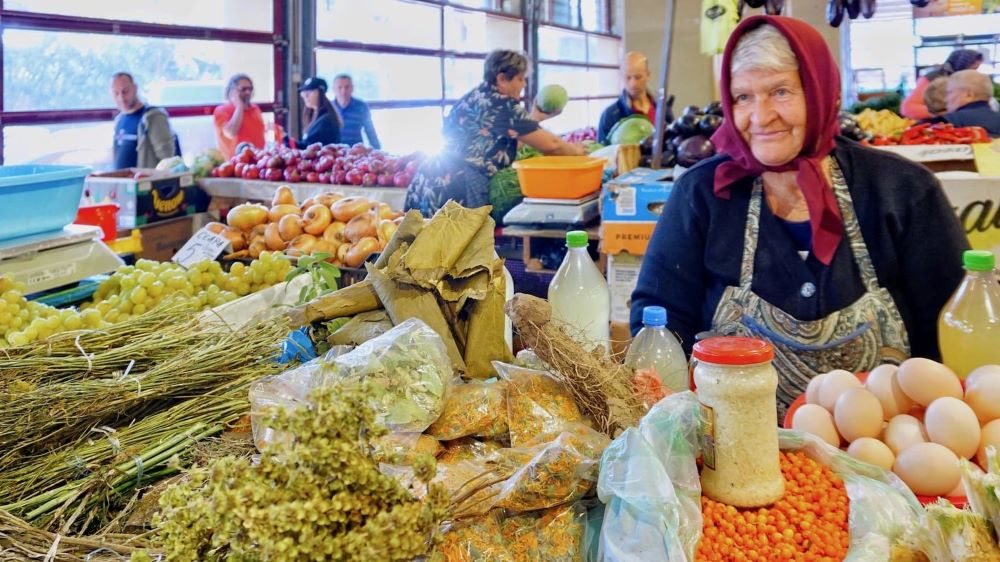Out of 15,186 registered agricultural farms in Montenegro, only 2,273 are family agricultural farms where the holders are women and 71 legal entities where the responsible persons are women

Vanja Zorić Šundić
“Today we celebrate all women in the countryside, who contribute to the survival of agricultural farms every day of the year, often working in unfavorable conditions, burdened with labour both at work and in the household.” This is how decision-makers in Montenegro marked the Day of women in rural areas, October 15, established in 2008 by the General Assembly of the United Nations with the aim of pointing out the difficult position of women in the countryside, but also to acknowledge their important, but often neglected role in agriculture. Neglected to the extent that the role and contribution of women in rural areas is noted only on this holiday, and on the other hand, the number of rural women who know about this holiday is measured by the thousands, while the number of those whom the “congratulations” reaches is, I believe, in the single digits.
Women are key to social and economic development of rural areas, and the role of women in Montenegrin agriculture and their impact on the preservation and development of villages in Montenegro is immeasurable – these are assessments from international conferences and panel discussions. Quickly switching between her daily roles in the countryside, she was not notified of the declaration which recognizes the importance of maintaining families, especially of women in rural areas, signed by the ministers in Bled. Conclusions of the conference remained locked, and the woman in the village is not aware of the importance of the role she carries on her shoulders.
Montenegro does not have mechanisms, strategies, laws… whose key priority would be improving the position of women in the countryside. Programs to improve the employability of women in rural areas have long expired (in 2016), starting assumptions for creating new ones today are the same or worse, and there are almost no measurable results that are publicly available. The strategy for development of female entrepreneurship in Montenegro 2021-2024, recognizes them as a special and sensitive category in only a few activities. Sporadically, a non-governmental organization would implement a project to empower women in the countryside, this without long-term and extensive effects. After all, it is not easy to “empower” such powerful women, a more complete and thorough approach is needed.
Meanwhile, the emigration of women from rural areas has been drastically higher in recent years. The main reasons are lack of infrastructure, lack of access to public services like healthcare and education, and a lack of basic and elementary conditions for livelihood like lack of water in houses, according to official data. Out of 15,186 registered agricultural farms in Montenegro, only 2,273 are family agricultural farms where the holders are women and 71 legal entities where the responsible persons are women. In rural areas 61% of women have a problem accessing the household budget, 35% have limited access, and 26% of women do not have access to the household budget in any way meaning cannot even plan. Solutions offered include gender-responsible budgeting and several measures of the Agrobudget that give priority to women during scoring (Committee for Gender Equality). Is that enough?
Often restrained by social expectations and family patterns of behavior, a woman in the countryside bears the burden of life with dignity. Devoted to her family, she doesn’t think about herself. She does not complain, quietly and calmly enduring and accepting everything.
Well, these wise, strong women should be honored every day, asked about the burden they carry, asked about what they need? They would feel respect, understanding, care and an outstretched hand. We would then at least be one step closer to a solution.
Vanja Zorić Šundić is in charge of gender equality in the NGO Network for Rural Development of Montenegro and is the national coordinator within the Balkan Network



Leave A Comment